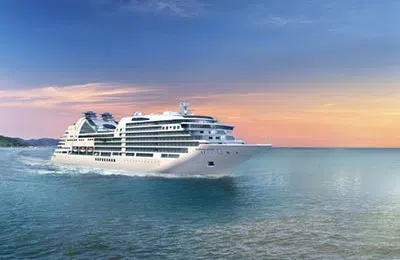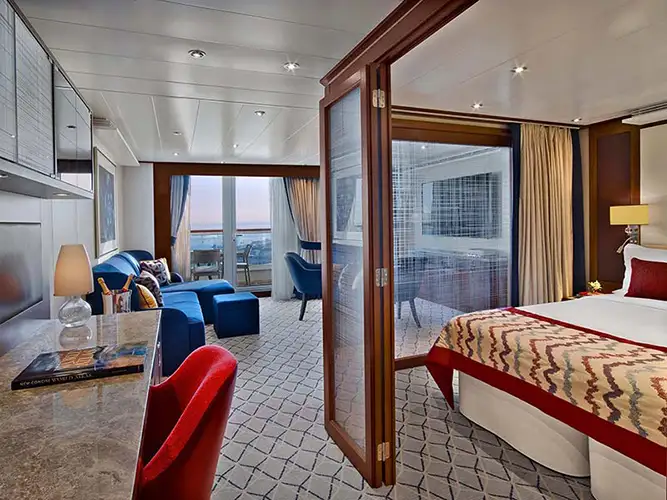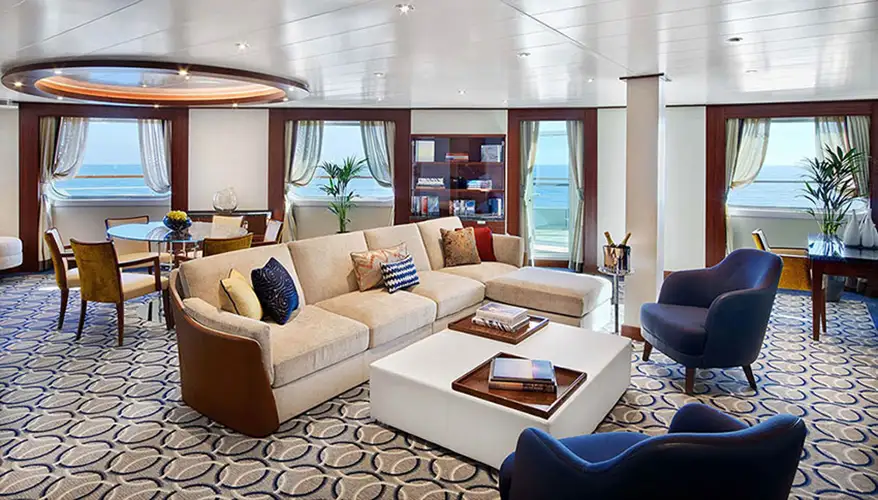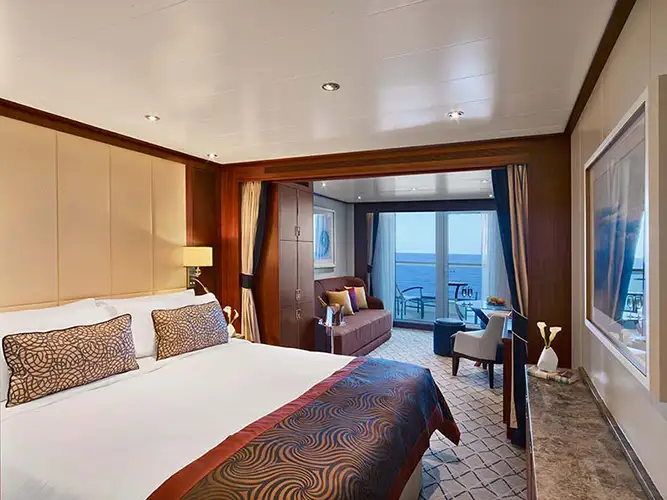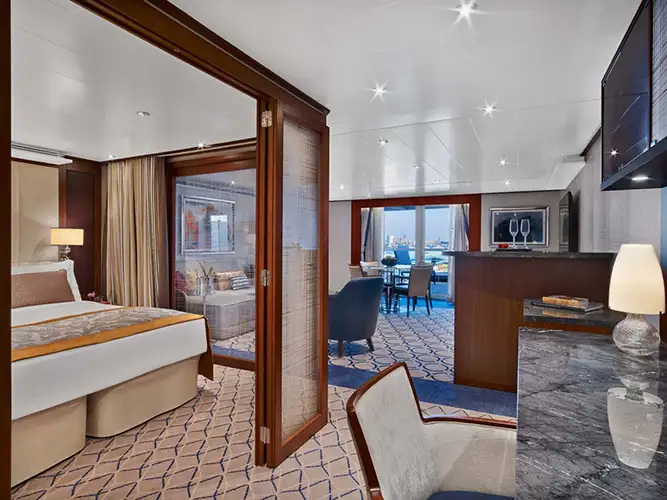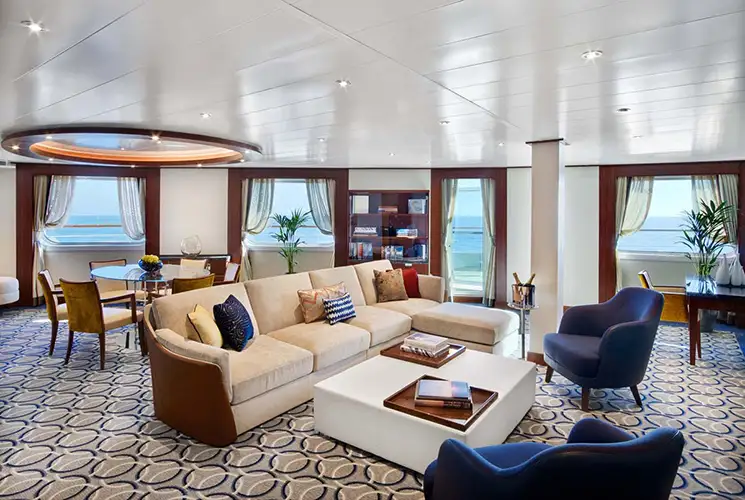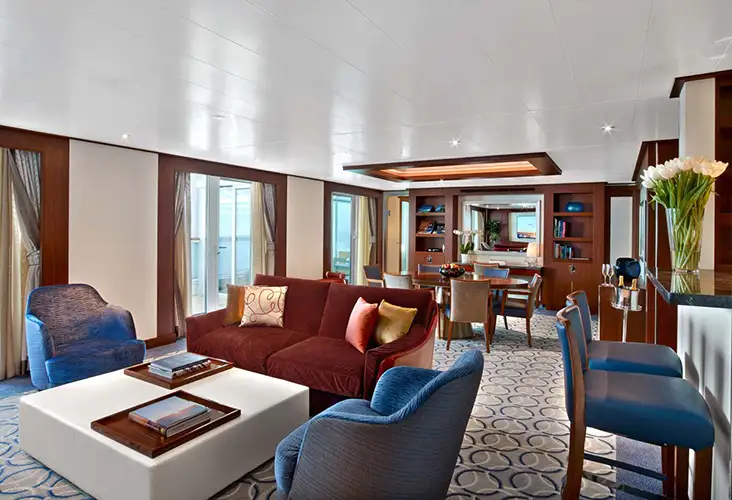Seabourn Northern Europe: 14 nights from Dover with Seabourn Ovation
Aug 8, 2026
United Kingdom, Australia, Ireland, Faroe Islands, Iceland
Cruise itinerary
Departure Port: Dover ➞
Landing: Reykjavik
-
Saturday, August 8, 2026 - 5:00 PMDover
-
Sunday, August 9, 2026 8:00 AM - 6:00 PMCowes
-
Monday, August 10, 2026 8:00 AM - 6:00 PMFowey
-
Tuesday, August 11, 2026Navigation
-
Wednesday, August 12, 2026Navigation
-
Thursday, August 13, 2026Navigation
-
Friday, August 14, 2026 8:00 AM - 6:00 PMGalway
-
Saturday, August 15, 2026 8:00 AM - 5:00 PMKillybegs
-
Sunday, August 16, 2026 8:00 AM - 7:00 PMOban
-
Monday, August 17, 2026 8:00 AM - 10:00 PMUllapool
-
Tuesday, August 18, 2026Navigation
-
Wednesday, August 19, 2026 8:00 AM - 6:00 PMTorshavn
-
Thursday, August 20, 2026Navigation
-
Friday, August 21, 2026 8:00 AM - 6:00 PMHeimaey
-
Saturday, August 22, 2026 7:00 AMReykjavik
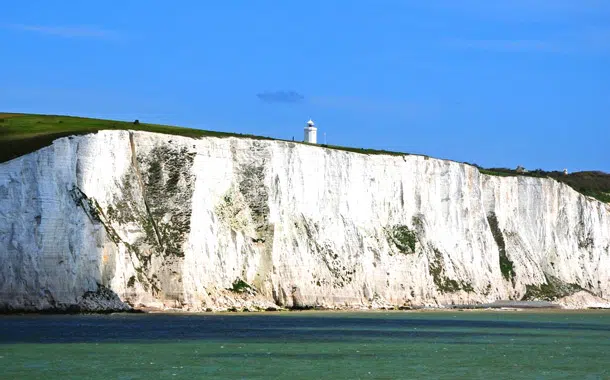
Dover
Just 21 miles from the European mainland (the French cliffs are visible on a clear day), it is the main passage through the English Channel.
History of DoverEnveloped by the passage of time, Dover stands as a monumental beacon of Britain's heritage. Situated at the closest point to continental Europe, it has served as the gateway to England for centuries. The iconic White Cliffs of Dover, symbolic of hope and freedom, have witnessed the ebb and flow of conquerors, traders, and travelers. Central to its historical narrative is Dover Castle, known as the "Key to England," boasting an extensive history dating back to the Iron Age and later fortified by the Romans and Normans. This town is not just a witness but a storyteller of England's tumultuous history.
Climate in DoverDover's climate is characterized by its mildness, a trait particularly appealing to those seeking to escape extreme weather conditions. Summers are pleasantly warm without being oppressively hot, with average temperatures hovering around 20°C (68°F), making it an ideal time for exploring. Winters are moderate, with temperatures rarely falling below freezing. This temperate climate ensures that Dover can be enjoyed year-round, offering a comfortable environment for all its visitors.
Attractions and Places to VisitDover is not just a historical gem but also a treasure trove of natural beauty and cultural sites. Beyond the White Cliffs, Dover Castle stands as a formidable reminder of the past, offering breathtaking views and a deep dive into history. The Secret Wartime Tunnels weave beneath the castle, offering an immersive experience into WWII strategies. For nature lovers, the Samphire Hoe Country Park, created from the material dug to build the Channel Tunnel, offers serene walks and stunning vistas. Each site in Dover tells its own unique story, inviting exploration and discovery.
Local Cuisine and Specialty ProductsThe culinary landscape of Dover is as rich and varied as its history. Known for its fresh seafood, the town boasts dishes like Dover sole, celebrated worldwide for its delicate taste. Local pubs and restaurants also offer traditional English fare, from hearty stews to the classic fish and chips, often with a contemporary twist. Regional produce, like Kentish apples and artisanal cheeses, add to the gastronomic experience, making Dover a must-visit for food enthusiasts.
Concluding Remarks: Embark on a Cruise from DoverEmbarking on a cruise from Dover is not just a journey; it's an adventure steeped in history, natural beauty, and culinary delights. This port, renowned for its strategic importance and breathtaking views, serves as the perfect gateway to exploring the British Isles and beyond. With its convenient location, temperate climate, and rich cultural tapestry, Dover invites cruisers to begin their voyage in a city that promises an unforgettable experience. Whether you're drawn by the call of history, the allure of gastronomy, or the simple joy of scenic landscapes, Dover is a destination that transcends expectations, making it an ideal starting point for your next cruise adventure.
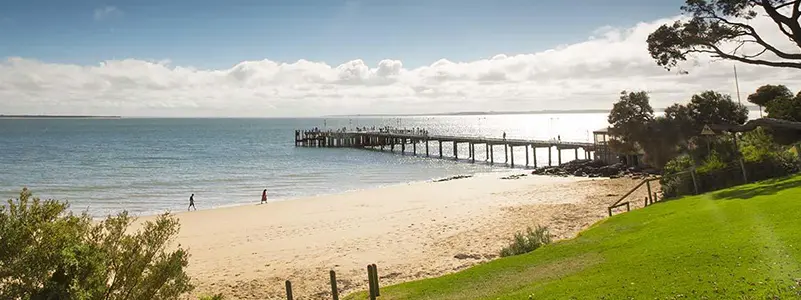
Cowes
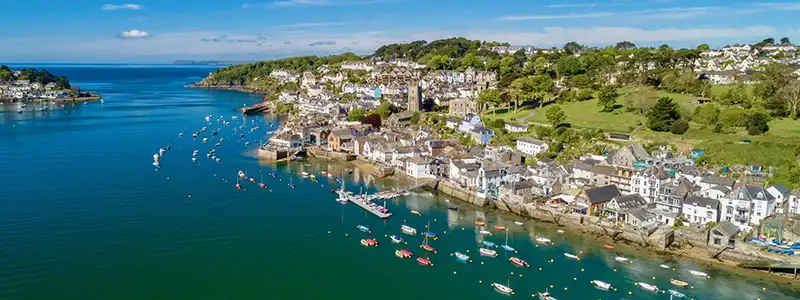
Fowey
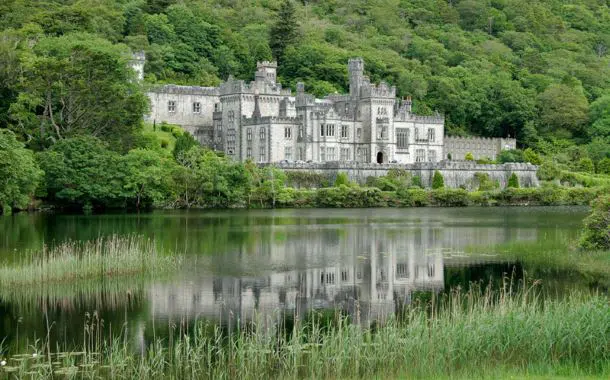
Galway
Often referred to as the 'Capital of the West', the city of Galway sits on the Corrib River, right on the west coast of Ireland. Characterized by tradition and culture, it is the setting for many festivals that attract tourists from all over the world.
During the Middle Ages, the city was ruled by an oligarchy of fourteen merchant families (12 of Anglo-Norman and 2 of Irish origin). The city prospered in international trade and gradually became the main port for trade with Spain and France.
Its historic center, rich in history, is known for its artistic and cultural life. It is a city that vibrates from morning to evening with charming narrow streets and its warm and vibrant population.
The temperature in Galway is humid, with variable temperatures throughout the year.
Trade and tourism are the main industries of the city.
Tourists can enjoy water activities such as surfing, diving, and boat trips. Other outdoor activities include cycling routes and horse riding. There are a number of restaurants, pubs, theaters, clubs, and a charming mix of specialty shops and local properties, equipped with typical and characteristic crafts from all over the region, such as hand knitting, ceramics, glass, jewelry, and woodworking. The most imposing building in the city is the Cathedral of Our Lady of the Assumption and Saint Nicholas, consecrated in 1965. It was built on the old county jail, famous for its rigor towards prisoners.
The Galway Museum (City Museum) is mainly dedicated to folklore, costumes, and traditions of the city. You can discover all kinds of antiques in contact with the history of Galway, such as agricultural tools, objects dating back to the Middle Ages, and a series of sculptures dating back to the 17th century.
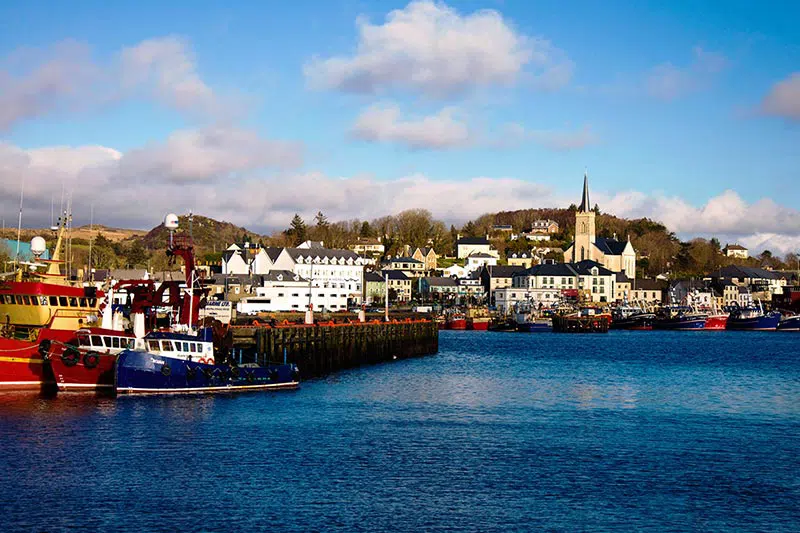
Killybegs
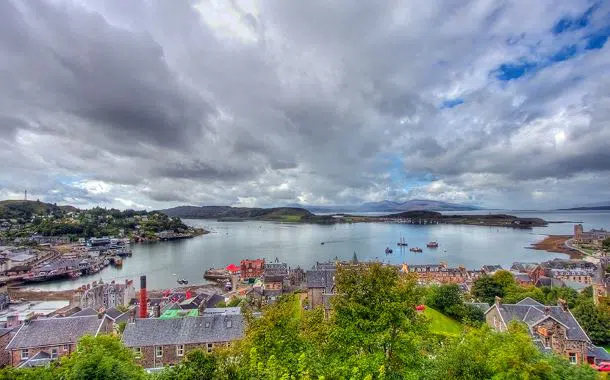
Oban
Oban (Scottish Gaelic: An t-Òban) is a town on the west-central coast of Scotland (United Kingdom), overlooking the Firth of Lorne (Atlantic Ocean) and administratively belonging to the county of Argyll (south-west of the Highlands region). The town is a starting point for ferries to some islands belonging to the Inner Hebrides archipelago.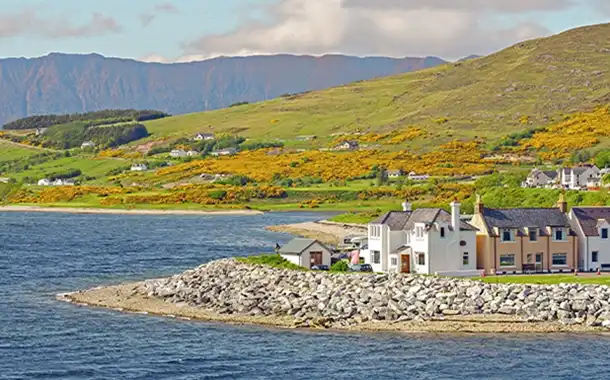
Ullapool
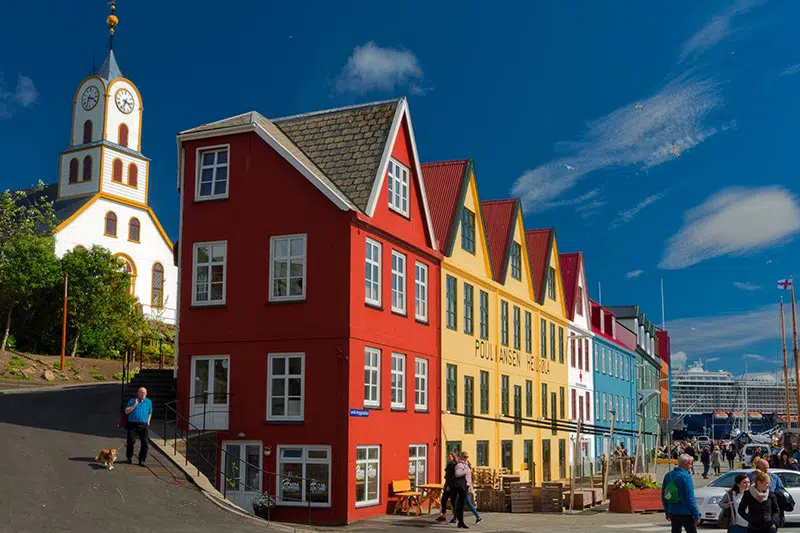
Torshavn
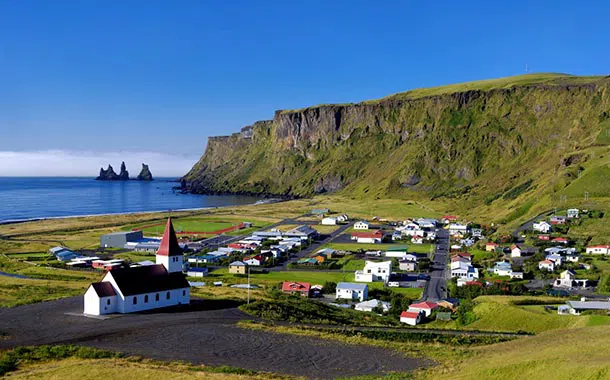
Heimaey
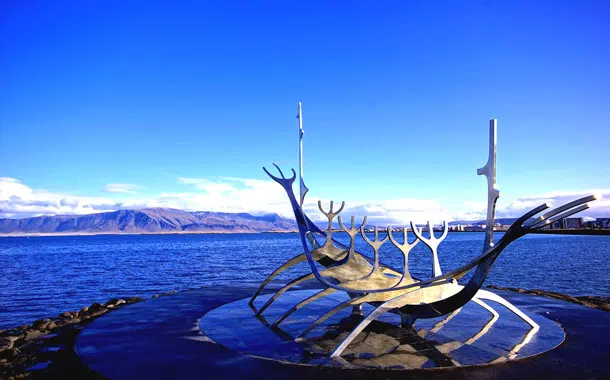
Reykjavik
The gateway to Iceland, a land of incredible natural wonders, ranging from huge glaciers to thermal pools and geysers.
Reykjavik, the capital of Iceland, is small but boasts a vast historical and cultural heritage. Founded thousands of years ago by Nordic settlers, this destination is set on a breathtaking coast with scenic peninsulas, straits, and picturesque islands. Known for its natural beauty and charm, the small city, Reykjavik, is also known to attract travelers as "the capital of Northern nightlife" for its vibrant and social atmosphere. The island's landscape seems to be in a continuous process of transformation like society, which combines Nordic tradition with sophisticated technology.
